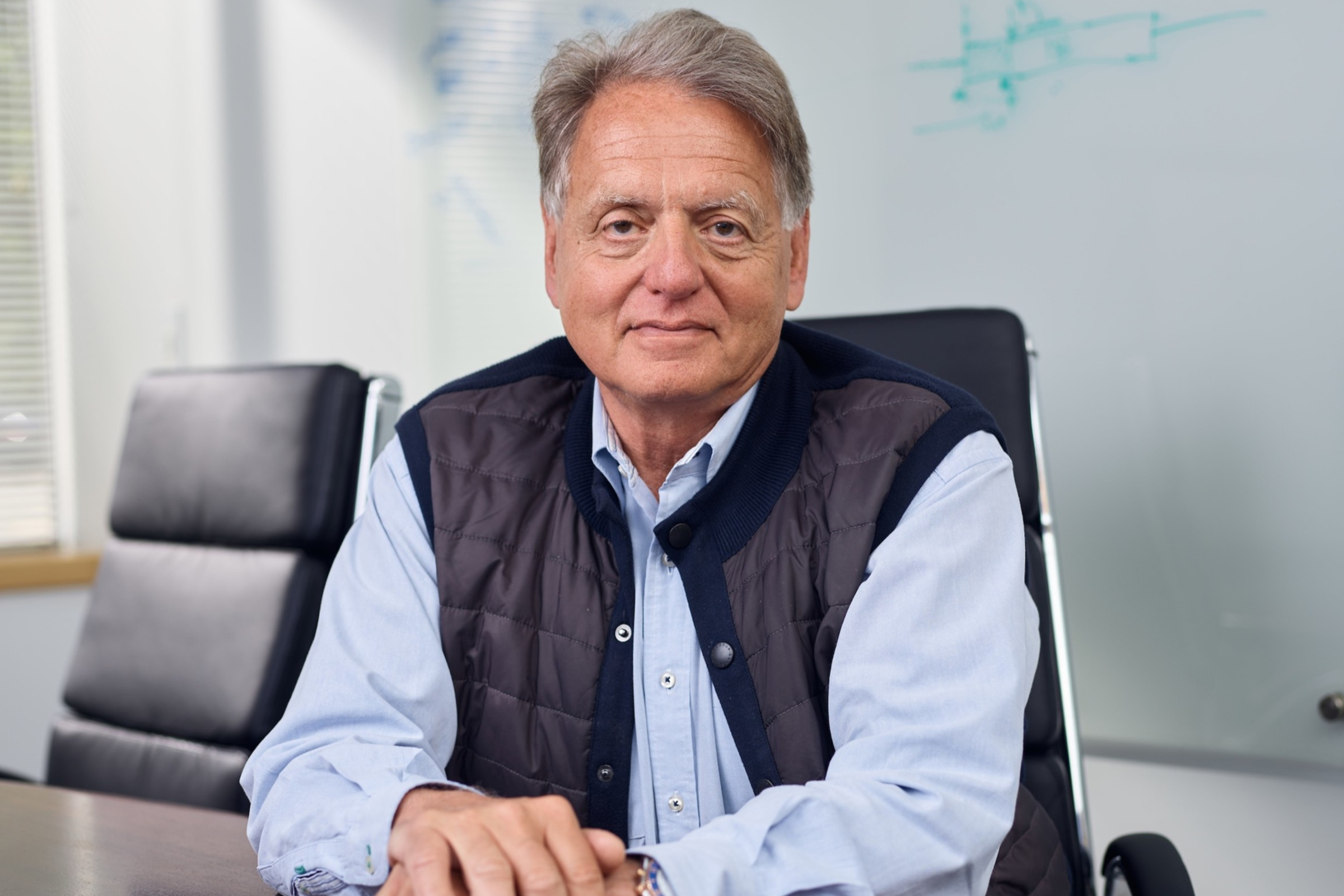
Ed Kaye, Stoke Therapeutics CEO
FDA partially lifts dosing hold on Stoke Therapeutics' pediatric Dravet syndrome study
RNA player Stoke Therapeutics said Wednesday that the FDA partially lifted a clinical hold on a Phase I/IIa study in children …
Sign up to read this article for free.
Get free access to a limited number of articles, plus choose newsletters to get straight to your inbox.